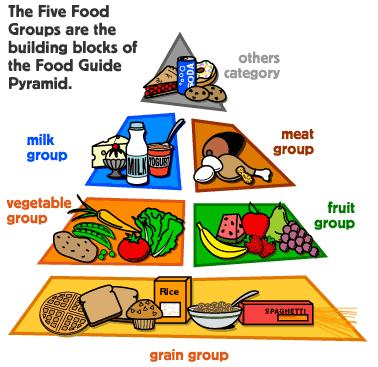Snacking for Kids
Overview
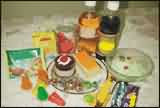 |
Sugary snacks increase frequency of sugary intake thereby increasing chances of getting tooth decay (dental caries) and obesity. |
What healthy snacks should you stock up?
If your child needs to snack, choose the one with low sugar content and non sticky from the snack cabinet.
Recommended safe snacks
Thirst-quenching :
- Drink plain water
- Unsweetened fruit and vegetable juices
- Low or non-fat milk
|
Fruits and nuts :
|
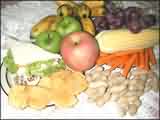 |
Filling foods :
- Tuna or egg sandwich, unsweetened biscuit or bread, cereals, chapati plain crisps and boiled egg
Are chocolates and sweets bad?
Your child can enjoy chocolates and sweets without harming his teeth by taking them during meal times, followed with brushing afterwards.
What can you do to prevent the risks of snacking?
The risks of snacking can be prevented if one :
- Limit the amount and frequency of snacking on sugary and sticky foods or drinks.These include lollies and toffees, potato crisps, honey and jam, sugary cereal, dried fruit, chocolate,cake, biscuits, Soft drinks cordial and juices
- Read food labels when shopping for groceries. Be aware that honey, corn syrup, glucose and molasses are all sugars.
- Practice proper tooth brushing or rinsing after every snack.
- Have regular dental check-ups.
| Last reviewed | : | 20 April 2012 |
| Writer | : | Dr. Che Noor Aini bt. Che Omar |
| Dr. Azillah bt. Mohd Ali | ||
| Reviewer | : | Dr. Laila bt. Abd Jalil |
Snacking In Teenagers
Introduction
What’s special about teenagers?
In terms of nutrition, they are special because:
-
They are undergoing a growth spurt therefore needing specific nutrition and energy requirement
-
Prone to peer pressure and wants to seek acceptance
-
Busy lifestyle causing skipping of meals
-
Food pattern changes due to independence in choosing their meal
-
Tendency for convenient food, for instance fast food and soft drink
-
Skipping main meals to lose weight to achieve certain social expectation
-
Social snacking when hanging out with friends
-
Diet patterns established during adolescence often persist into adulthood



Snacking and health
-
Snack is defined as a small portion of food or drink taken in between main meals.
-
Snacks or light meals help to keep individuals energized throughout the day. It’s beneficial in some groups of people, for instance in young children who have small stomachs that can’t take all the food they need during main meals.
-
However, frequent snacking of food high in refined carbohydrates, added sugar and fat can be harmful.
-
Frequent snacking has been linked to rising rates of overweight and obese adults.
What do experts say about diet?
- According to WHO, non-communicable diseases such as heart disease, cancers, chronic respiratory disease and diabetes are the leading causes of death. The risk factors include tobacco use, physical inactivity, alcohol and unhealthy diets. 1.7 million deaths are attributed to low fruits and vegetable consumption1.
- WHO recommends an intake of 400g of fruits and vegetables per person, per day to help prevent chronic disease and some cancers2.
- It is recommended to drink at least eight 8-ounce glasses of water a day to be healthy but individual needs vary.
- Rising soft drink intake has been said to cause obesity, diabetes, caries, erosion of teeth as well as displaces other beverages such as plain water and milk
How does snacking influence teeth and health?
- Frequency of snacking on food with high sugar content is related to occurrence of caries
-
Plaque in the mouth, when combined with sugar will produce acid that will cause teeth to have cavities.
-
Soft drinks are recognised as a major source of added sugar which increases risk of caries. They also commonly contain phosphoric acid and citric acid which causes erosion.
-
Sticky food will stay longer in the mouth
-
Carbonated drinks and energy drinks may lead to erosion and caries because of the high sugar and low pH content.
-
Widespread caries can lead to pain and infection. This will influence quality of life.
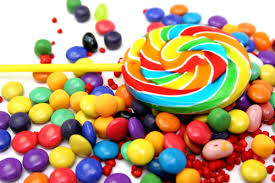
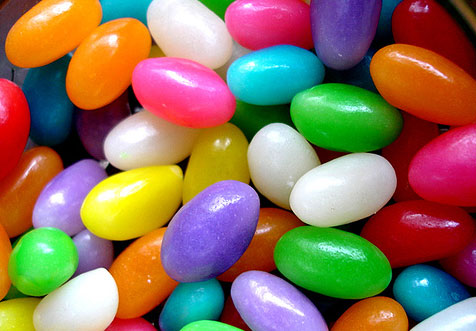
|
General tips on healthy snacking
|
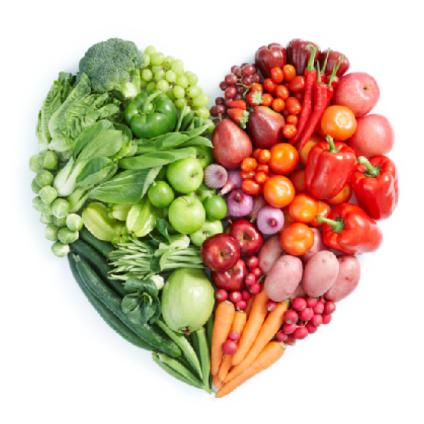 |
|
Diet modifications to help achieve good oral health
|
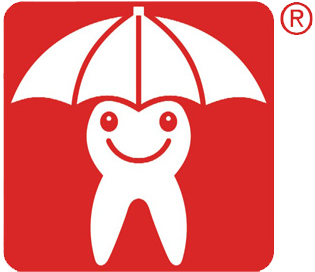 |
|
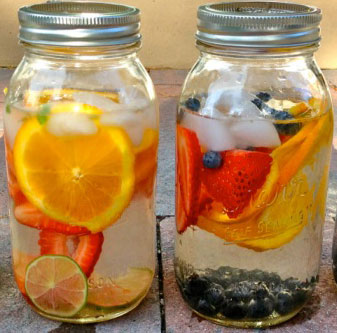 |
||
 |
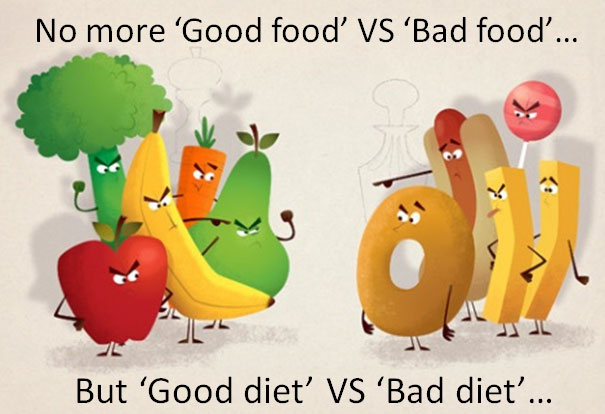
Don’t forget to have regular dental check-ups with dentists!
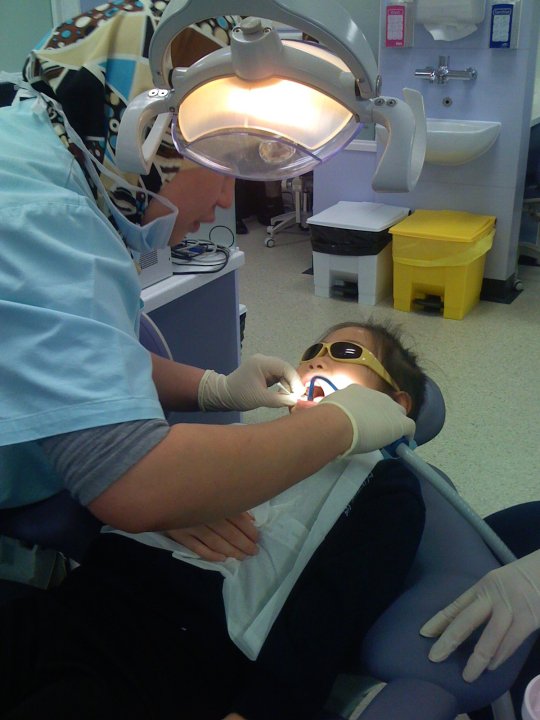
References
- World Health Organization, Global Status Report on Noncommunicable Diseases 2010 (Geneva: World Health Organization, 2011).
- WHO/FAO (2003) Diet, nutrition and the prevention of chronic disease. Technical Report Series 916.
| Last Reviewed | : | 14 November 2014 |
| Writer | : | Dr. Suriani bt. Sukeri |
| Accreditor | : | Dr. Noraini @ Nun Nahar bt. Yunus |


